A former anti-discrimination official at San Francisco State University filed a lawsuit on March 13 claiming that the school refused to address reports of discrimination, harassment and retaliation.
Heather Borlase, hired by SFSU in 2021, served dual roles as a Title IX coordinator and discrimination, harassment and retaliation administrator. According to the lawsuit, she took over 400 cases that were left undocumented and, potentially, still open and unresolved upon her onboarding.
Borlase is now filing for violations of the Fair Employment and Housing Act, including retaliation, failure to prevent discrimination, harassment and retaliation, and violations of California Labor Code 1102.5.
As part of a California State University wide assessment of Title IX and DHR programs, Borlase “candidly participated with Partner Gina Maisto-Smith and another attorney from Cozen O’Conner who came to campus and interviewed 40 campus stakeholders who regularly worked with Equity Programs and Compliance in the beginning of Sept. 2022,” the suit said. In these discussions, they learned about the number of cases Borlase had inherited.
“The CSU had well-founded reasons to end Ms. Borlase’s appointment and denies that her non-retention was retaliatory,” said Bobby King, the director of communications at SFSU, in an email to Golden Gate Xpress. “The Cozen report details a need for trust and collaboration and proper adherence to policies. Cozen recommended the office be led by someone who was consultative and who would take others’ insight and perspectives into account to build a culture of trust.”
According to the suit, Borlase attempted to move forward with corrective measures but university officials were “more interested in cover-up and hiding the problem of their failure and refusal to address discrimination, harassment and retaliation complaints because of the negative press and exposure that would be created for the University.”
Over the 21-22 fiscal year, Borlase’s efforts were successful as she processed 350 complaints, according to the lawsuit. However, when Borlase tried to bring the university into compliance with its obligation under Title IX and related federal and state laws and regulations, she was met with resistance, the suit said.
One example is when a 100-page long report of a professor’s sexual harassment of a student was finalized, university officials dissuaded Borlase from taking any course of action, according to the lawsuit.
Other incidents faced similar objections, such as the finding of a racial harassment investigation into Karen Rubin, a white supervisor, allegedly referring to Demauriae Vaughn as a “runaway slave over whom she needed to get control,” according to the lawsuit.
The lawsuit says Borlase stopped receiving full support from the administration when she responded to multiple Muslim students’ complaints of an incident where Maziar Behrooz, a professor at SFSU, “provocatively and gratuitously displayed a drawing of the Prophet Muhammed to students in his Islamic history class without knowing.”
SFSU President Lynn Mahoney pressured Borlase not to investigate further and emailed the campus community saying that she was “on the side of academic freedom,” the suit said.
In April 2023, Borlase received a letter from Human Resources informing her that the university would put her on administrative leave following her expressing concerns about Mahoney’s email to the campus community, the suit said.
When Borlase asked Associate Vice President of Human Resources Ingrid Williams why this was happening, no proper response was given except “everything going on,” according to the suit.
Williams requested a meeting with Borlase on July 25, 2023, in which she explained to Borlase that “she was not being retained” and Borlase’s last day would be July 31, 2023, the suit said. When Borlase asked why her employment was being terminated, she was told by Williams that it was “in the best interest of the university,” according to the suit.
Behrooz declined to comment further on the matter.
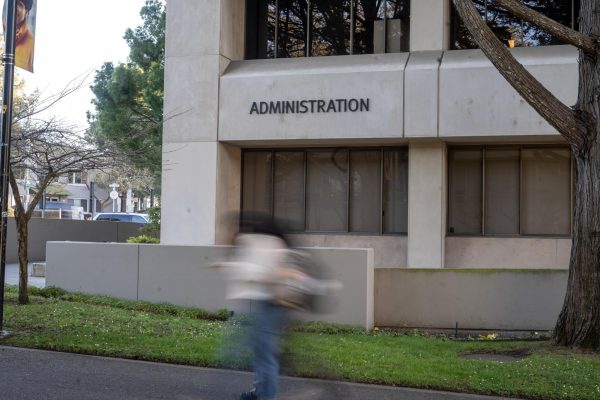
Jeff Greensite, a professor at SFSU and member of the Academic Freedom committee, served as the adviser to Behrooz while meetings about the incident were held. Greensite said he acknowledges that students could misinterpret specific material but reiterated that educators are not intentionally aiming to offend students.
“We cannot be terrified of offending religious fundamentalists,” Greensite said. “Our job is to teach the truth as we see it, as we know it; that’s the job of an educator. We can’t be terrified that we’re going to offend somebody’s prejudice.”
As part of the Academic Freedom Committee, Greensite said that educators have the freedom to direct their lesson plans as needed to fit the curriculum.
“It’s incredibly important that people feel free — students, faculty, staff — everybody feels free to speak their mind,” Greensite said. “The faculty [should] feel free to conduct their classes as they wish in the way that they feel is best, and not be terrified that somebody is going to complain and then bring them in front of some terrible committee.”
While Borlase said in the lawsuit that Greensite interacted in a hostile manner with her, Trevor Getz, a fellow professor at SFSU, counteracted that claim. Getz sat in a meeting alongside Professors Behrooz and Greensite and said that attempts to speak with Borlase “were hostile from the beginning.”
“We came to that meeting with questions — just questions — and we were told that we did not have the right to ask questions and that Professor Behrooz did not have the right to ask questions,” Getz said. “The questions we had to ask were legitimately questions about whether this case, in fact, fell under the purview of her office. She did not answer those questions by saying, ‘Yes, they fall under the purview of the office’. She said, ‘You don’t have the right to ask questions.’”
Getz described the proceeding’s environment as an investigation rather than a clarifying dialogue between Borlase and Behrooz.
“She could have treated us as people who were working in the interests of students and were willing to work alongside her in the interests of students,” Getz said. “Instead, she treated Professor Behrooz as an accused criminal from the get-go.”
Zach Greenberg, the senior program officer for the Foundation for Individual Rights and Expression, advocated for Professor Behrooz as part of a team that contacted SFSU, calling upon them to end the investigations against him. The conversations between FIRE and SFSU indicated to Greenberg that while the university did not want to investigate, Borlase drove the process.
“On one hand, it’s great to see that the leadership of this university does protect free speech and academic freedom,” Greenberg said. “On the other hand, the investigation should never have happened. Professors should not be investigated for doing their jobs for their pedagogically relevant decisions.”
Greenberg also said that it was good that administrators involved were held liable but thought it was a shame for the investigation to go on as long as it did, potentially impacting SFSU faculty.
“Universities have no business investigating professors for their pedagogically relevant choices and for exercising their free speech and academic freedom rights,” Greenberg said. “When administrators violate these rights, they should be held accountable.”
King said that SFSU takes its responsibility to provide a safe learning and working environment seriously and is actively engaged in implementing the recommendations of the Cozen report.
“San Francisco State University’s Title IX office has already taken concrete steps to address the old cases that Ms. Borlase identified, which included hiring an independent Title IX consultant to review the matters and recommend next steps,” King said. “All matters have now been addressed in accordance with CSU policy.”





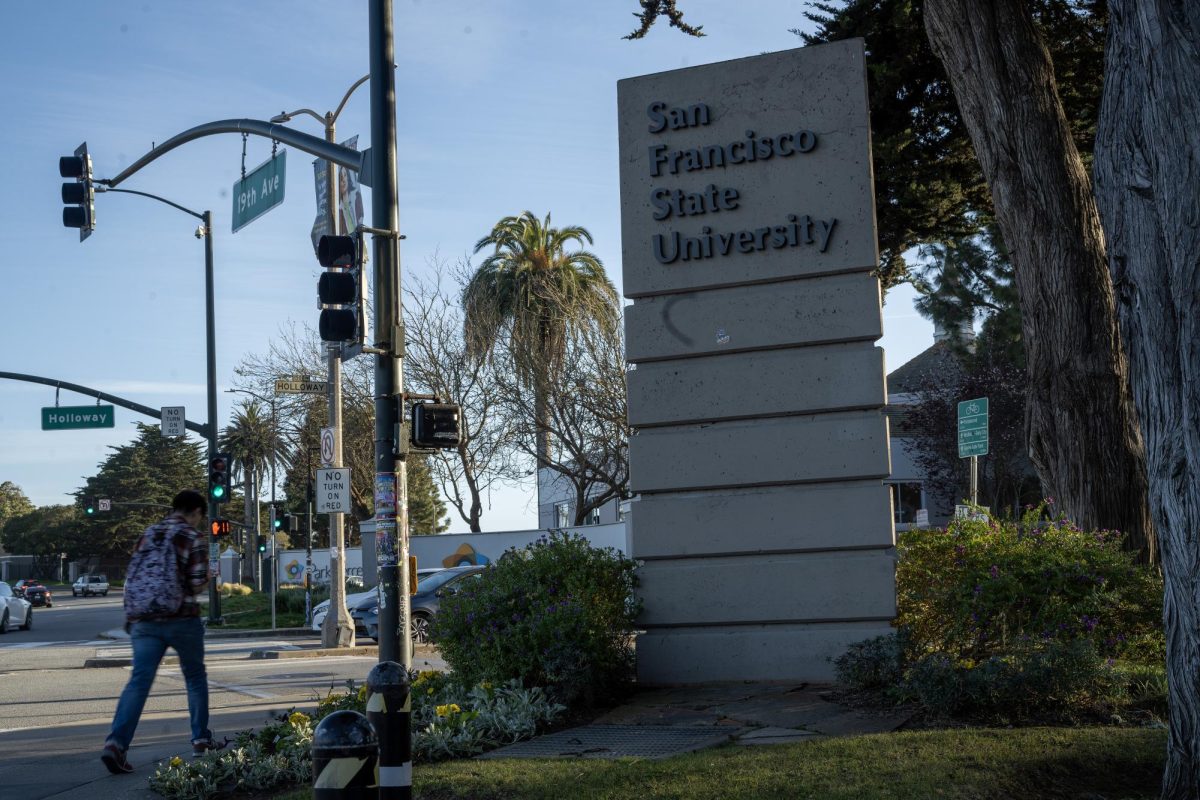



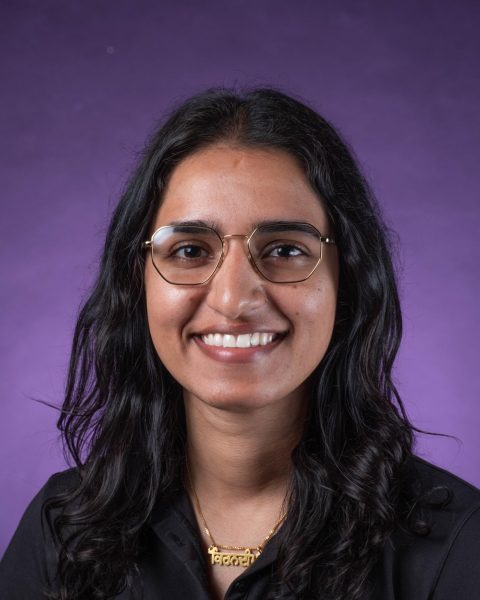
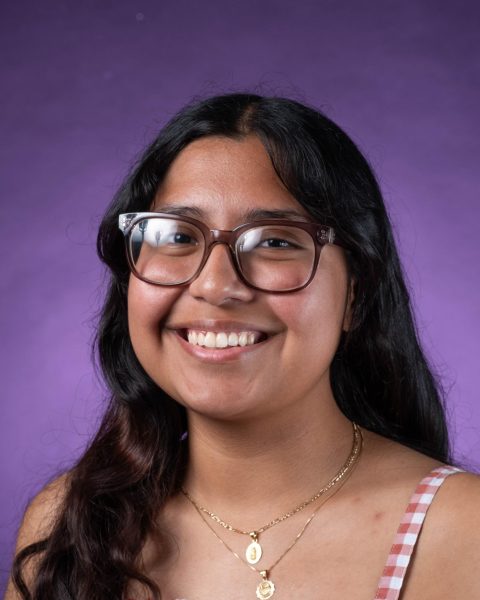
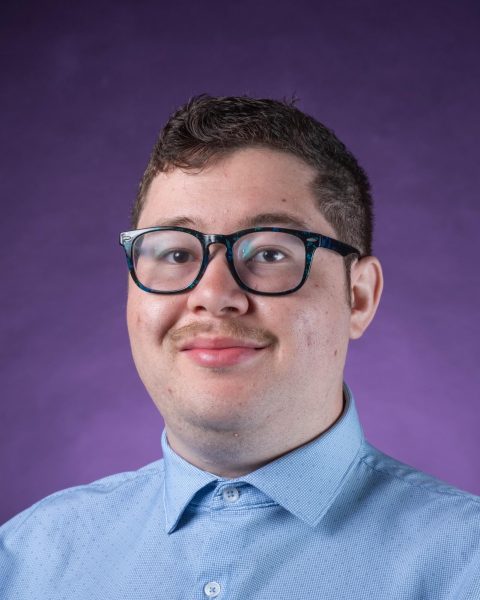
S. Bergquist • Jul 7, 2024 at 10:20 pm
There are more details regarding this situation. The professor is Iranian and the offended students Sunis. Iranians are more likely to be Shiite. He claims that he has presented images of Mohammed without incident, that the. The professor knows from personal experience that images of Mohammed are highly offensive to Sunis. If he is a practicing Shiite, and a seasoned professor, with advanced degrees on the Middle East, one would expect that he have a heightened awareness of the potential problem regarding the image. A seasoned professor should have taken steps to permit students to know the image would be shown. That is common decency. The students could have been permitted to skip that part of the lecture. He controls the culture of the class and should have taken steps to avoid the problem. He knew this instinctively. Instead, he set off a powder keg, The Coordinator was trying to do her job and became a casualty – collateral damage? The situation should be revisited with more attention to detail and diplomacy and the Cooridnator re-instated. Everyone can learn from this experience.